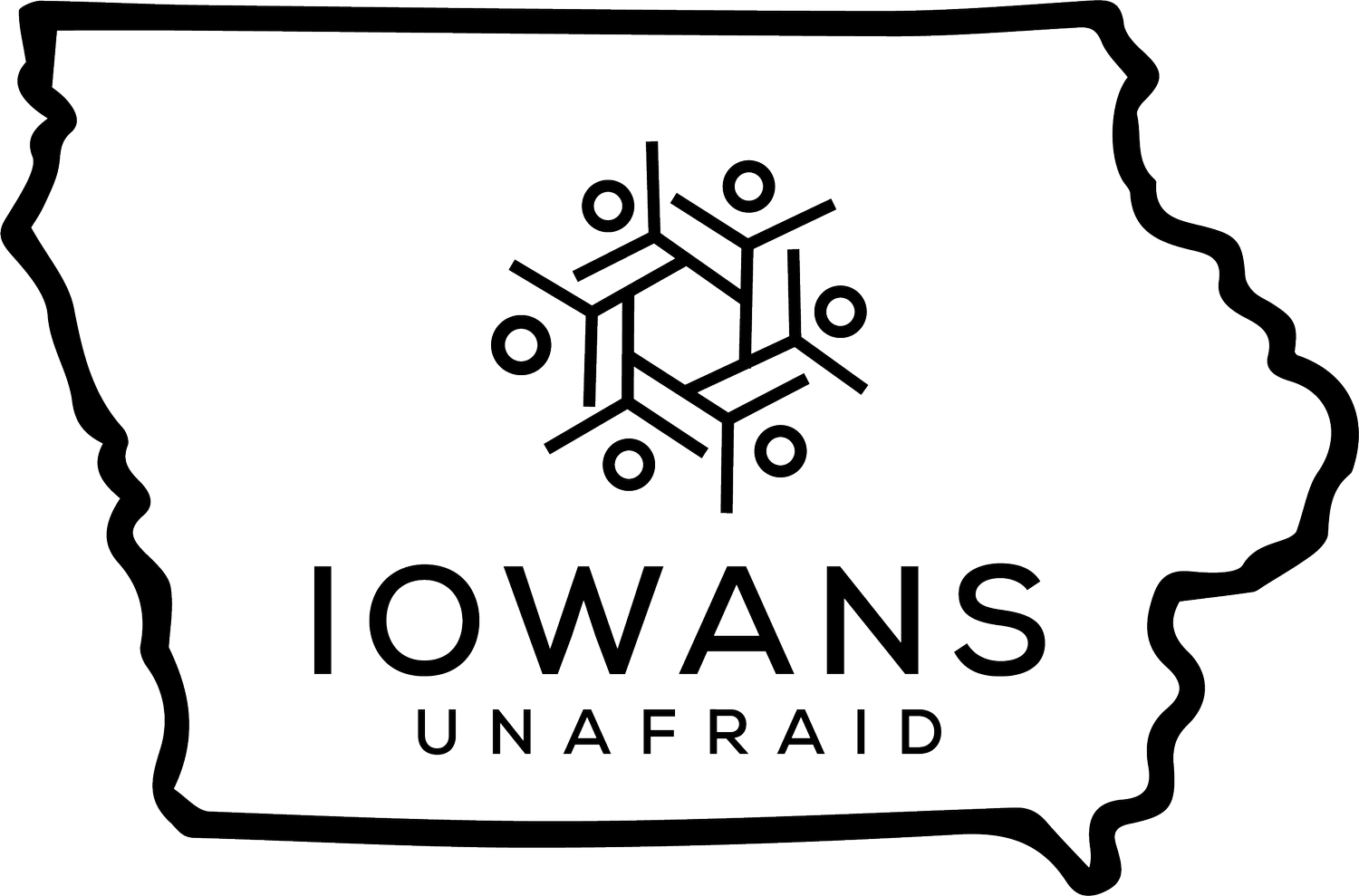Newsletter Issue #5 January 2024
Wisconsin’s lifetime GPS monitoring challenged
From the NARSOL website | Edited for this newsletter
NARSOL publicly released copies of two expert reports filed in December. The Wisconsin case challenges a statutory scheme requiring that some individuals convicted of sexual offenses are forced to wear a GPS monitoring device for life, even after they are off criminal supervision. NARSOL is subsidizing the costs of the case by paying for Plaintiff’s two expert reports, as well as any supplemental reports in the case.
The plaintiff says the scheme violates the Fourth Amendment of the United States Constitution. The case has been certified as a class action, and the class currently consists of 514 persons subject to lifetime GPS monitoring because they have been convicted of a “sexual offense” on two or more separate occasions.
[Note – In many states, including Iowa, registry paperwork violations are counted as a repeat “sexual offense.”]
Experts in the case are Kate Weisburd and Kelly Socia.
Ms. Weisburd is a law professor at George Washington University and the author of the law review article Punitive Surveillance, 108 Va. L. Rev. 148, (2022). Her report details how GPS technology negatively impacts the lives of individuals forced to wear the devices.
Dr. Socia is a Professor at the University of Massachusetts, Lowell and a leading expert on the impact of residency restrictions imposed on individuals convicted of sexual offenses.
Dr. Socia’s expert report makes three conclusions: (1) Wisconsin’s policy of automatically placing individuals on lifetime GPS monitoring based solely on whether they have been convicted of sexual offenses on more than one occasion is unreasonable, ineffective and wasteful; (2) There is little support for the use of post-incarceration GPS tracking as a means of reducing sexual recidivism; and (3) Mandating GPS tracking for 20 years or longer, especially when the policy is applied without incorporating any risk assessment–neither static nor dynamic–represents an immense waste of resources with no discernable public safety benefits.
NARSOL thanks both of these scholars for their expertise and their work in producing these reports. We are excited about this case and will provide updates as they occur.
MO good news: Federal court blocks Halloween signs
[Note – Thankfully, Iowa does not require Halloween signs – but you should know what’s going on just
across the state line.]
From the NARSOL website
Registrants in Missouri were not required to post a Halloween sign on their home this year, a sign that for all practical purposes identified the property as being residence to someone on Missouri’s sex offender registry. This was due to a Temporary Restraining Order (TRO) issued by a federal district court on October 27.
The 8th Circuit Court of Appeals upheld the TRO a few days later on October 30. As a result, registrants and their families as well as their homes were not exposed to significant harm to themselves and damage to their property. The case, brought by ACSOL, is Sanderson v. Bailey.
On November 3, 2023, the district court judge in the Missouri case issued an order extending the TRO and consolidating it with the trial date of March 27, 2024. The trial will be a bench trial, with no jury, and it could last up to two days. One of the issues in the case is whether the court should issue a permanent statewide injunction against the use of the signs.
This victory in Missouri was based, in part, upon precedent set in Georgia last year by NARSOL’S case McClendon v. Long, which was decided by the 11th Circuit Court of Appeals in Atlanta. In that case, the appellate court ruled that the state of Georgia could not require registrants to post Halloween signs on their home because the signs were compelled speech and therefore violated the First Amendment.
The requirement of “No candy” signs at registrants’ homes on Halloween by county or parish sheriffs is an abomination and will continue to be challenged in every state where they exist.
Time to be on ALERT !
2024 Iowa Legislature in Session!
As you know, there are always a few state legislators who cynically seek to burnish their tough on crime reputations by making life more difficult for law abiding citizens on Iowa’s registry. Tracking bills introduced in the legislature is our most important work each year.
Iowans Unafraid is your eyes and ears in Des Moines, researching proposed bills that might affect those on Iowa’s registry, whether negatively or (with luck) positively. Either way, we will report to you, our members.
If bad bills appear in this year’s legislature it may be necessary for Iowans Unafraid to issue a Call to Action, urging our members and supporters to contact specific legislators and issuing talking points for you to use in your emails and phone calls.
If bills are scheduled for committee meetings during the legislative session we may need to ask our members and supporters to attend those meetings to show our state representatives that we are paying attention.
It is as important to have as many members and supporters present at committee sessions as it is to have some of those supporters stand up and speak. In the past two sessions that we have been active in the legislature we have been successful in killing or modifying bad bills.
